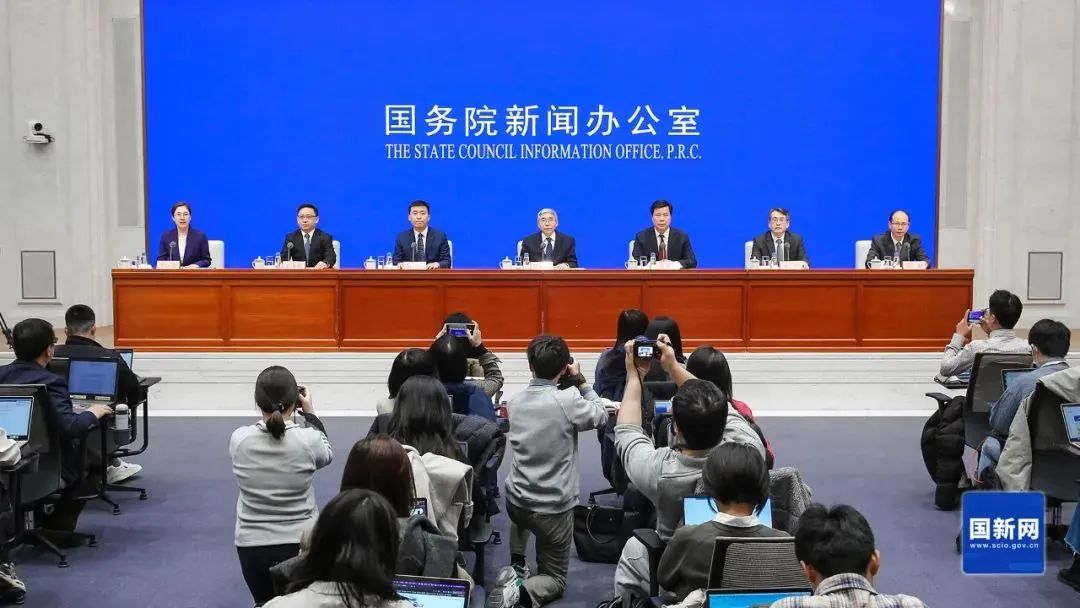On the afternoon of March 1, the State Council Information Office (SCIO) held a policy briefing about optimizing payment services and enhancing payment convenience.
Zhang Qingsong, Deputy Governor of the People’s Bank of China (PBOC), mentioned difficulties faced by foreigners in China regarding mobile payment during travel, visits, and business activities. Through survey and analysis, the main problems can be summarized as follows: some foreigners find mobile payment inaccessible because they are unable to bind their overseas bank cards; some find it inconvenient as payment failures occur when their expenditure exceeds a certain amount. After encountering such problems frequently, they are hesitant to use mobile payment.

Photo source: Official website of SCIO
To address these issues, a series of measures will be introduced by payment service providers under the guidance of the PBOC.
Firstly, in response to low success rate for foreigners to bind overseas bank cards to Alipay and WeChat, Alipay and Tenpay will optimize service procedures and improve the efficiency of card binding.
Secondly, identity verification requirements will be simplified, making it more convenient for foreigners to go through the process including card binding. As for the protection of personal information, the PBOC urges relevant agencies to conform to the Personal Information Protection Law and other regulations, thus effectively protecting personal information.
Thirdly, payment service providers like Alipay and Tenpay will raise the single transaction limit of mobile payments from $1,000 to $5,000 and the annual cumulative transaction limit from $10,000 to $50,000 for foreigners in China.


